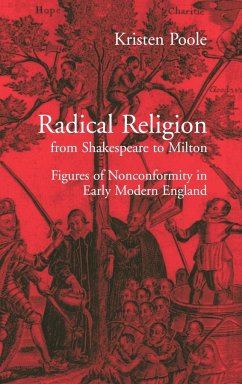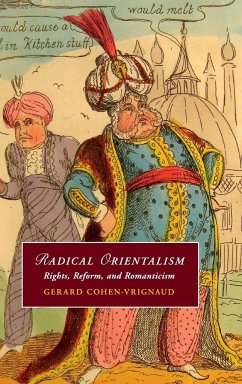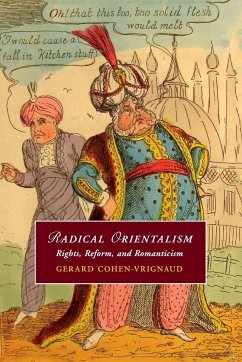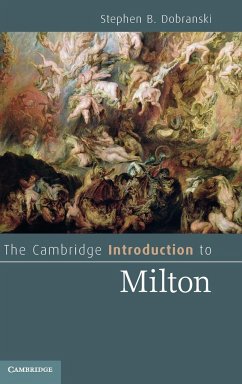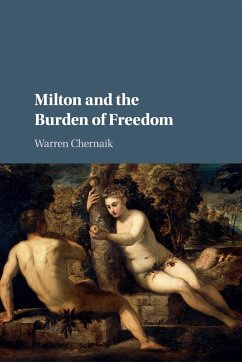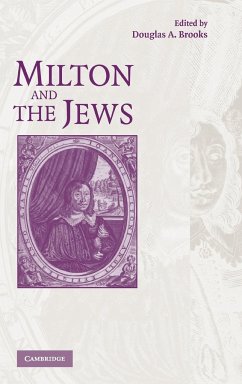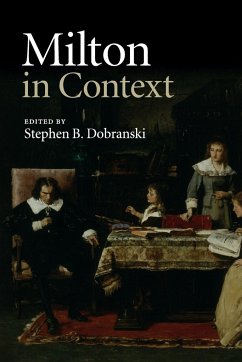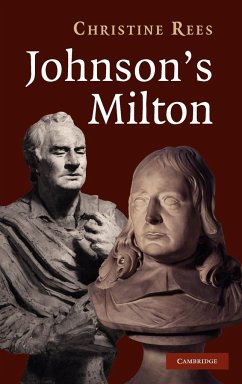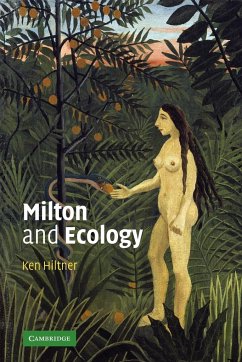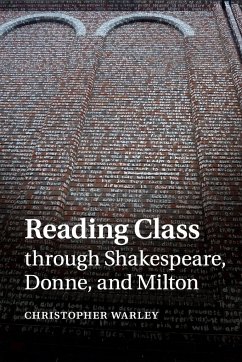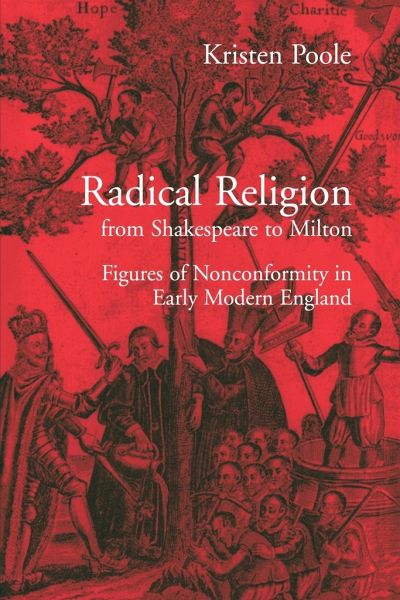
Radical Religion from Shakespeare to Milton
Figures of Nonconformity in Early Modern England

PAYBACK Punkte
22 °P sammeln!
The image of the puritan as a dour and repressive character has been central to ways of reading sixteenth- and seventeenth-century history and literature. Kristen Poole's original study challenges this perception arguing that radical reformers were most often portrayed in literature of the period as deviant, licentious and transgressive. Through extensive analysis of early modern pamphlets, sermons, poetry and plays, the fictional puritan emerges as a grotesque and carnivalesque figure. By recovering this lost satirical image, Poole sheds new light on the social role played by anti-puritan rhe...
The image of the puritan as a dour and repressive character has been central to ways of reading sixteenth- and seventeenth-century history and literature. Kristen Poole's original study challenges this perception arguing that radical reformers were most often portrayed in literature of the period as deviant, licentious and transgressive. Through extensive analysis of early modern pamphlets, sermons, poetry and plays, the fictional puritan emerges as a grotesque and carnivalesque figure. By recovering this lost satirical image, Poole sheds new light on the social role played by anti-puritan rhetoric.





